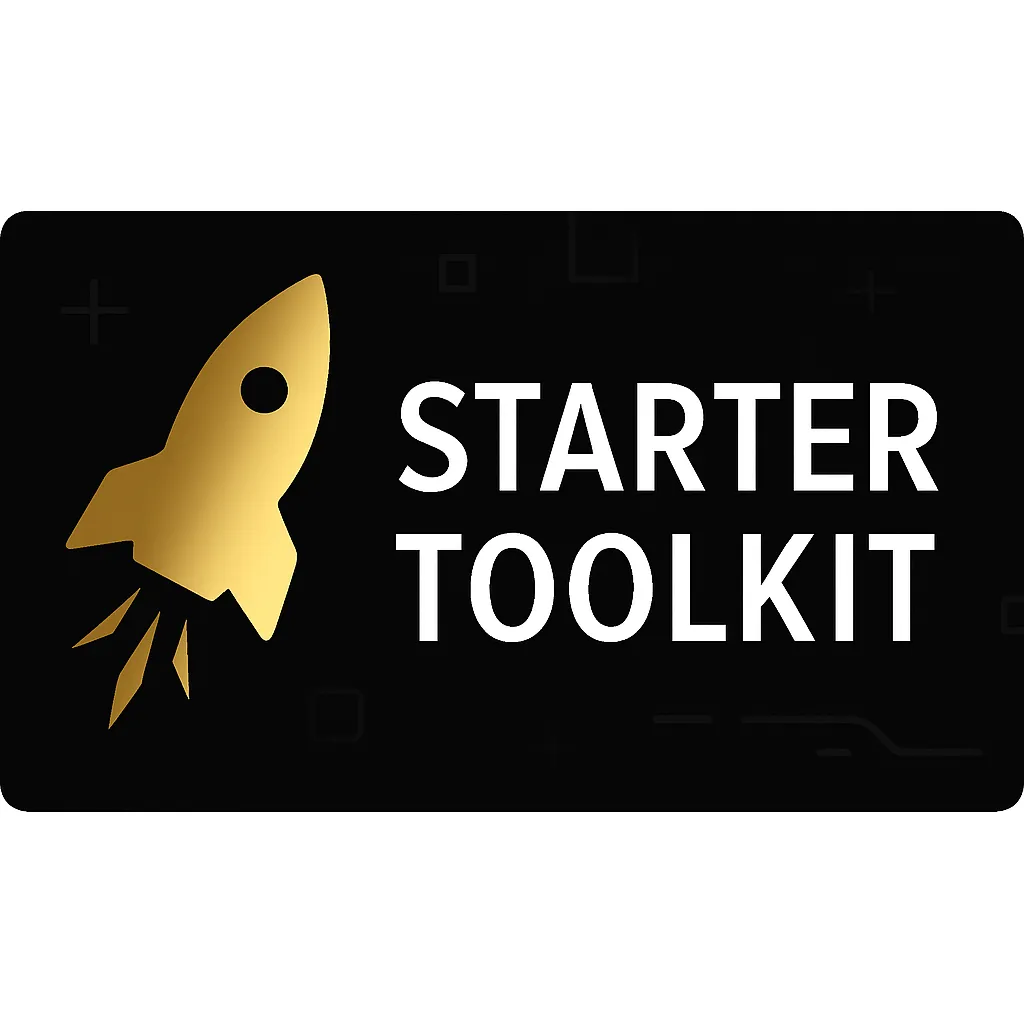From Vision to Venture: Embracing the Entrepreneurial Mindset
Entrepreneurship is more than just the act of starting a business; it’s the embodiment of a unique mindset characterized by resilience, innovation, and relentless determination. As budding entrepreneurs embark on their journey, understanding the multi-dimensional aspects of this mindset becomes paramount. This article delves deeper into the core principles of entrepreneurship and the stages of the entrepreneurial journey, offering insights and guidance for those ready to take the leap.
The Essence of the Entrepreneurial Mindset
Resilience: Every entrepreneur, regardless of their industry or background, will face setbacks. These challenges, whether financial, operational, or personal, can be daunting. However, it’s the ability to bounce back, learn from these mistakes, and keep pushing forward that truly sets successful entrepreneurs apart. Resilience is about cultivating a mindset where failures are seen as learning opportunities, not dead ends.
Visionary Thinking: Entrepreneurs possess the unique ability to see opportunities where others might see only obstacles. They’re not just dreamers; they’re doers. They envision a better future, a solution to a pressing problem, or a novel product that fills a market gap. Then, they work tirelessly to turn that vision into reality, often facing skepticism and doubt from others.
Continuous Learning: The world of business is dynamic, with market conditions, technologies, and consumer preferences constantly evolving. Successful entrepreneurs are perpetual students. They seek feedback, are open to change, and are always on the lookout for ways to improve. This commitment to growth and adaptability often becomes their competitive edge.
The Entrepreneurial Journey: From Ideation to Launch
Ideation: Every great venture starts with an idea. This is the phase where entrepreneurs identify a gap in the market or conceptualize a unique solution to a problem. It involves brainstorming sessions, preliminary research, and often, countless iterations of the initial idea. It’s a phase of creativity, where thinking outside the box is not just encouraged but essential.
Customer Validation: An idea, no matter how brilliant, is futile without market demand. Before diving headfirst into product development, entrepreneurs must validate their concept. This involves comprehensive market research, surveys, focus groups, and direct interactions with potential customers. It’s a rigorous process of ensuring there’s a genuine demand for the proposed product or service.
Development of a Minimal Viable Product (MVP): The MVP is a stripped-down version of the product, containing only the essential features. It allows entrepreneurs to test the product’s viability in the market without committing excessive resources. By launching an MVP, they can gather invaluable feedback, make necessary improvements, and gauge genuine interest.
New Venture Launch: With a refined product in hand and a clear understanding of the market dynamics, entrepreneurs are poised to launch their venture. This stage is multifaceted, involving strategic marketing campaigns, sales strategies, operational planning, and often, seeking external funding. It’s the culmination of all the prior stages, signaling the venture’s official entry into the market.

Core Principles and Essentials of Entrepreneurship
Value Creation: The cornerstone of any successful entrepreneurial venture is its ability to create value. Whether it’s a groundbreaking product, a unique service, or an innovative business model, entrepreneurs strive to offer something that significantly improves lives, solves a pressing problem, or meets a latent need.
Risk-taking: Entrepreneurship is inherently risky. However, successful entrepreneurs are adept at taking calculated risks. They meticulously analyze potential rewards against the associated risks, ensuring that their decisions, while bold, are never reckless.
Networking: In the world of entrepreneurship, relationships can make or break a venture. Building a robust network – be it finding mentors, forging partnerships, or connecting with potential customers – plays a pivotal role in the venture’s success. Networking provides access to resources, insights, and opportunities that can be transformative.
Networking: In the world of entrepreneurship, relationships can make or break a venture. Building a robust network – be it finding mentors, forging partnerships, or connecting with potential customers – plays a pivotal role in the venture’s success. Networking provides access to resources, insights, and opportunities that can be transformative.
In conclusion, the entrepreneurial journey is a blend of exhilaration, challenges, and immense rewards. By understanding and wholeheartedly embracing the entrepreneurial mindset, budding entrepreneurs can navigate the intricate maze of business creation, setting themselves on a path to success and fulfillment.
Entrepreneurship Essentials Textbook
OER Entrepreneurship Essentials Textbook

What is the first step in turning a vision into a real business?
“Entrepreneurship encompasses more than just launching new businesses; it includes the innovation and growth within existing companies. An entrepreneur can be anyone from an aspiring founder to a seasoned bThe first step is transforming your idea into a clear, actionable opportunity — by validating that it solves a real customer problem. Vision without action stays a dream; opportunity validation turns it into a venture.usiness owner, an innovator, or an executive seeking capital for starting a new venture, launching a novel product, or expanding a successful business line.”

How does the entrepreneurial mindset help you move from idea to launch?
The entrepreneurial mindset gives you resilience, adaptability, and the courage to act — even when the path is uncertain. It helps you focus on solutions, learn fast, and take smart risks that bring your venture to life.

Why do entrepreneurs struggle to turn vision into reality?
Many entrepreneurs get stuck between big ideas and practical action. Without structure, guidance, and the right mindset, it’s easy to lose momentum — but with the right support, that vision becomes a powerful plan.

What habits help entrepreneurs go from vision to venture?
Successful entrepreneurs build habits like testing ideas early, seeking feedback, refining their approach, and staying focused on solving real problems. These habits turn inspiration into impact, one step at a time.

How do you know when your vision is ready for launch?
Your vision is ready when it’s backed by customer validation, a clear value proposition, and an actionable plan. The entrepreneurial mindset helps you recognize this point — and gives you the confidence to act on it.

Ready to take the first step?
Join Our COMMUNITY
We all have different paths to success, some have achieved it and some have just taken the first step.
True Entrepreneurship:
Creating Value For Others
Watson is a leading speaker on entrepreneurship and education. His motivational lectures on modern learning technologies, assessment, and the engaged learner experience have inspired today’s learner and challenged educators to update their approach to teaching.
Dr. Greg Watson is a serial entrepreneur and retired professor of entrepreneurship and former director of the center for teaching and learning. As co-chair of the #5 ranked Entrepreneurship New Venture Development program – he lead a mentor team overseeing student entrepreneurial ventures from the ideation stage to value proposition to validation to launch. With an emphasis on the entrepreneurial mindset and entrepreneurial spirit Greg helps you discover that dream.
“You didn’t learn to ride a bike in a workshop” (Sandler) – finding the right entrepreneurial mentor, training, program or entrepreneurship course is often the difference between success and failure.

Copyright© 2025 Entrepreneurship Essentials. All Rights Reserved













